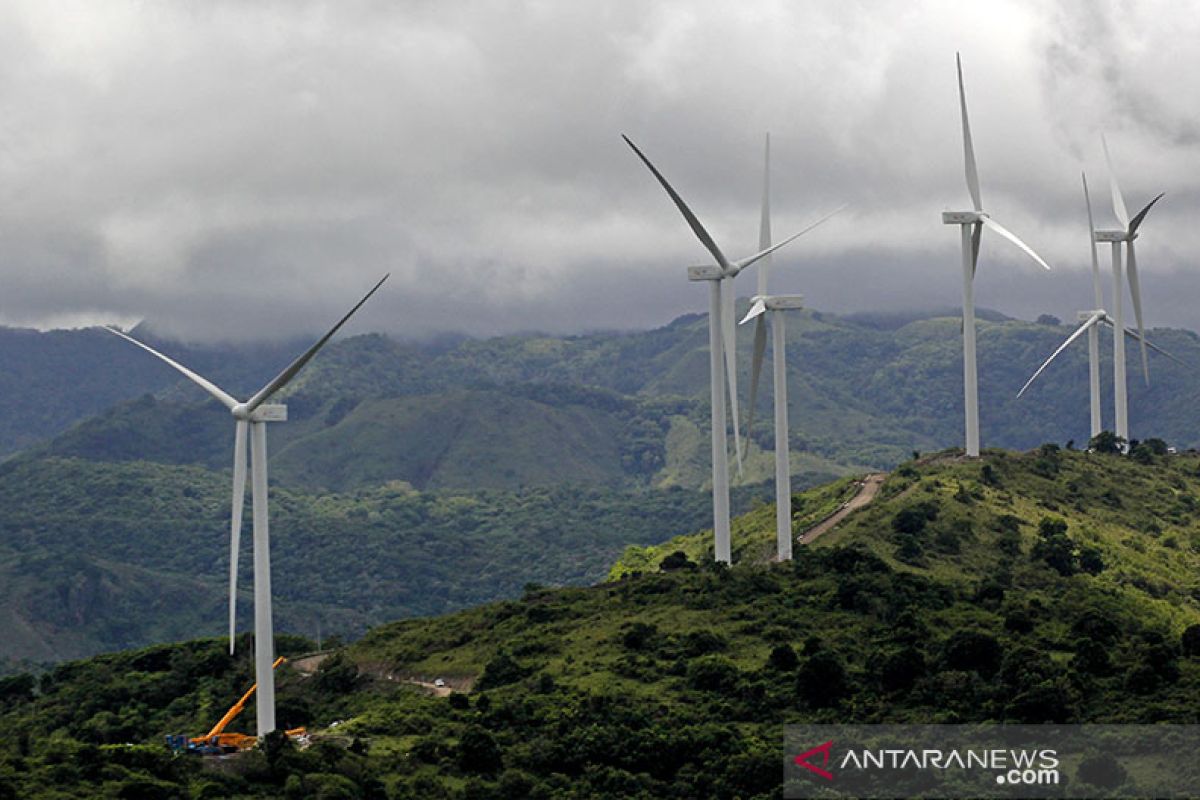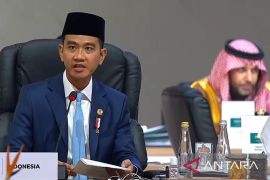"The Indonesian G20 presidency will be used by the government to introduce the world to our scenario in achieving Net Zero Emission (NZE) by 2060 or sooner," Expert Staff in Strategic Planning for Minister of Energy and Mineral Resources Yudo Dwinanda Priaadi noted in a statement on Friday.
Priaadi explained that the GSEN targets a renewable energy mix of 100 percent by 2060, with a capacity of 587 gigawatts, including Solar Power Plant (PLTS), with 361 gigawatts; Hydroelectric Power Plant (PLTA), 83 gigawatts; Wind Power Plant (PLTB), 39 gigawatts; Nuclear Power Plant (PLTN), 35 gigawatts; Bio-energy Power Plant (PLTBio), 37 gigawatts; Geothermal Power Plant (PLTP), 18 gigawatts; and Ocean Power Plant (PLTL), 13.4 gigawatts.
The government emphasized that additional power generation after 2030 will only be sourced from renewable energy.
"Starting from 2035, Indonesia's Variable Renewable Energy (VRE) will be in the form of PLTS, PLTBio, and PLTL. PLTP will also be maximized up to 75 percent of its potential," Priaadi explained.
He later noted that the government will no longer develop Electric Steam Power Plant (PLTU), except for those that are already in contracts and construction. PLTU owned by State-Owned Electricity Company (PLN) will stop operating faster than asset revaluation.
Meanwhile, PLTU owned by a private electricity company will retire after the end of the power purchase agreement. Meanwhile, gas and steam power plants (PLTGU) will stop operating after 30 years.
The government will also maximize the use of PLTA by transferring electricity to the load centers in other islands to support national energy security. In addition, PLTA will provide a balance for variable renewable energy generators.
Related news: Creating green energy sovereignty through the G20 Forum
The nuclear power plant will also start around 2049 to maintain system reliability. The pumped storage will start in 2025 with a 2060 target of 4.2 gigawatts.
Priaadi noted that the Battery Energy Storage System (BESS) technology will become enormous by 2031, with the capability to reach 140 gigawatts by 2060.
"The government will also utilize hydrogen in 2031. In 2060, it is expected to reach 52 gigawatts," he remarked.
Related news: RI prioritizes energy transition to green energy during G20 presidency
Translator: Sugiharto Purnama, Resinta S
Editor: Rahmad Nasution
Copyright © ANTARA 2022










